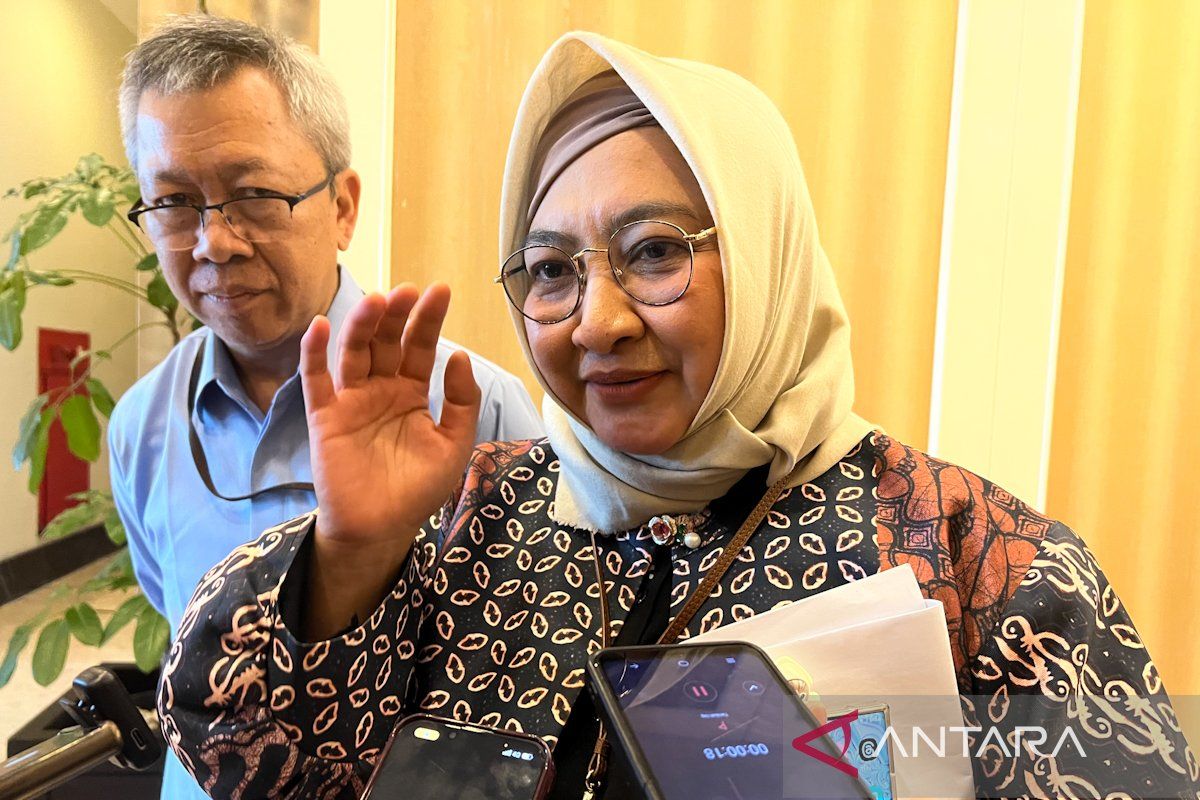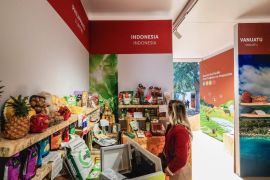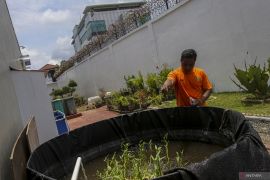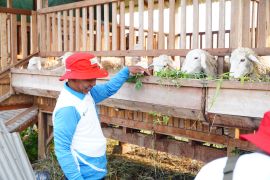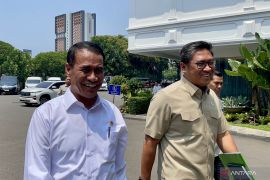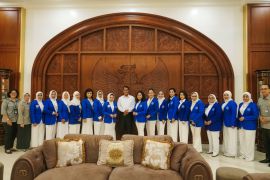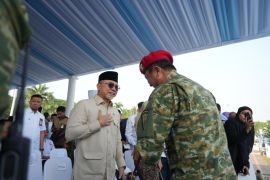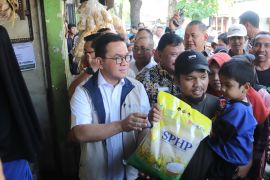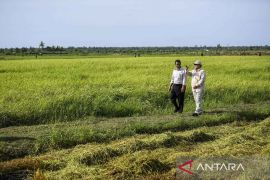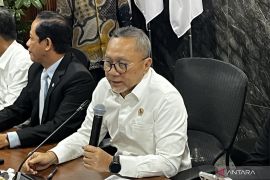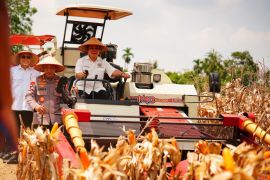According to the ministry's Deputy for Coordination of Food and Agricultural Businesses, Widiastuti, her office is tasked with supervising the agreement's implementation after it was signed by sovereign wealth fund Danantara and state-run food company ID FOOD on Friday (August 22).
Speaking at a seminar on Indonesia's pursuit of sugar self-sufficiency in Jakarta on Wednesday, she noted that the massive scale of the purchasing plan required both signatories to address administrative matters before execution.
"While the agreement was signed on Friday, the implementation process will take time. The signatories should handle the administrative aspects first. Hence, let us just wait for the purchase," Widiastuti said.
She described the plan as a demonstration of the government's commitment to maintaining sugar price stability for farmers, ensuring they can secure optimal profits from their yields.
Agriculture Minister Andi Amran Sulaiman first announced the plan after a meeting with the House of Representatives (DPR) in Jakarta on Thursday (August 21).
"Our plan is to earmark a budget worth Rp1.5 trillion in the initial phase, which I believe is sufficient. Mr. Rosan plans the budget to absorb sugar from domestic farmers, with ID FOOD expected to carry out this duty," he stated.
He explained that the budget allocation followed his discussions with Danantara CEO Rosan Roeslani, prompted by reports of oversupply from domestic sugarcane farmers.
The minister also expressed gratitude for Indonesia's ample sugar stock and emphasized the government's role as an off-taker to support farmers.
Meanwhile, sugarcane farmers in East Java have urged the central government to overhaul the sugar trade system, citing weak market absorption since the 2025 milling season began. They argued that the influx of refined sugar—intended for industrial use—has disrupted the consumer market.
Tasirin, coordinator of the Sugarcane Farmers Forum, said farmers were initially enthusiastic about the government's self-sufficiency drive but had lost momentum due to the market's preference for imported refined sugar, which is cheaper than locally produced crystal sugar.
Related news: Govt allocates 1.5 trillion rupiahs to purchase local farmers' sugar
Related news: Unlocking Indonesia's local wisdom in managing sustainable palm sugar
Translator: Muhammad H, Tegar Nurfitra
Editor: Azis Kurmala
Copyright © ANTARA 2025
